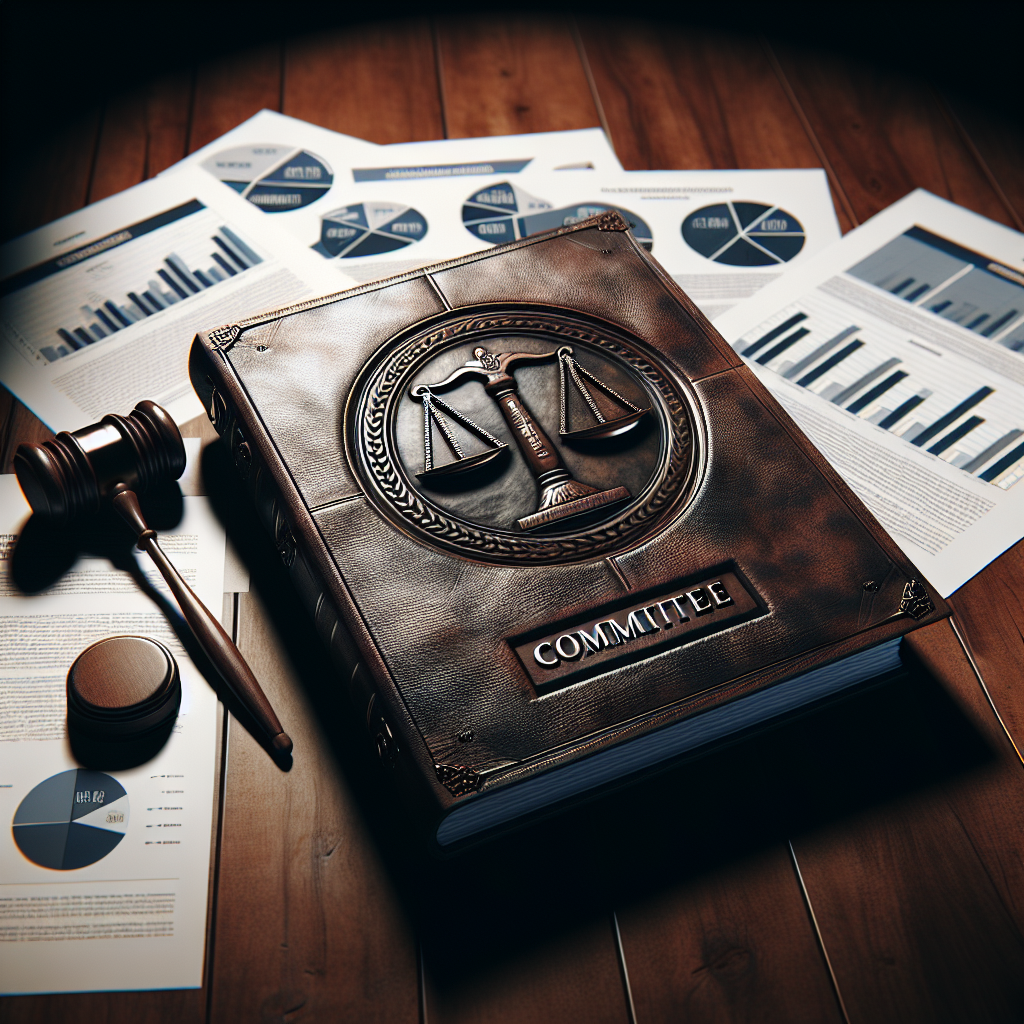Madlanga Commission Promises Impartial, Fact-Based Probe into Justice System
Delivering an address at the opening of proceedings, Advocate Motau underscored that the Commission’s work would not be influenced by assumptions or political narratives.

- Country:
- South Africa
The Madlanga Commission of Inquiry into Criminality, Political Interference and Corruption in the Criminal Justice System has officially begun its hearings at the Brigitte Mabandla Justice College in Tshwane, with Chief Evidence Leader Advocate Terry Motau SC assuring the public that the inquiry will adopt an impartial and fact-driven approach.
Impartiality at the Core
Delivering an address at the opening of proceedings, Advocate Motau underscored that the Commission’s work would not be influenced by assumptions or political narratives.
“The starting point must be the allegations made by Lt Gen Mkhwanazi at the 6 July media briefing. However, this investigation assumes no facts and does not depart from the premise that the allegations made by Lt Gen Mkhwanazi are true. Any findings made by the Commission must and will be based on evidence,” Motau said.
He made it clear that while KwaZulu-Natal Police Commissioner Lieutenant General Nhlanhla Mkhwanazi’s revelations provided the impetus for the Commission, the inquiry’s role is to test those claims against evidence and competing accounts.
Not a Criminal Trial
Motau also stressed the distinction between the Commission and a formal court of law.
“The Commission is not conducting a criminal trial of specific individuals, nor is it bound by the procedural and evidentiary rules that govern judicial proceedings. Rather, this Commission operates in an inquisitorial capacity: its primary objective is to uncover facts and establish an accurate record of events, thereby enabling informed recommendations,” he explained.
This means that while the Commission cannot issue convictions, it will create a robust record of findings that may later inform prosecutions or policy reforms.
Principles of Fairness and Natural Justice
Central to the Commission’s operations will be fairness to all participants, regardless of the gravity of allegations.
“Throughout this process, the Commission will uphold the principles of natural justice and fairness for all parties. The Commission and its evidence-leading team approach these responsibilities without any preconceived agenda, other than the pursuit of truth,” Motau assured.
He emphasised that the Commission would treat all testimony with equal scrutiny, recognising that witnesses may provide conflicting accounts that must be carefully examined before conclusions are drawn.
Transparency and Accountability
According to Motau, the Commission’s findings will be made transparently, with accountability at the forefront.
“If the evidence substantiates the allegations, the Commission will identify and report those responsible. Conversely, if the evidence does not substantiate the allegations, the Commission will equally make such findings accordingly,” he said.
The aim is to establish facts, not to pursue prosecutions directly. However, the Commission’s thorough fact-finding process is expected to provide a strong foundation for potential prosecutions and corrective action where warranted.
First Testimony: Mkhwanazi
Proceedings began with testimony from Lieutenant General Nhlanhla Mkhwanazi, whose July 2025 media briefing first exposed claims of a criminal syndicate infiltrating South Africa’s justice and security institutions, including the South African Police Service (SAPS), the National Prosecuting Authority (NPA), and intelligence services.
Mkhwanazi’s evidence is expected to set the tone for subsequent testimonies and could provide critical leads into whether systemic corruption and political interference have compromised the criminal justice system.
A Defining Inquiry for South Africa
The Madlanga Commission, chaired by Justice Mbuyiseli Madlanga, carries a mandate to determine whether South Africa’s criminal justice system has been subverted by organised crime and political meddling. Its work comes at a time of widespread concern about rising crime levels, allegations of corruption, and declining trust in law enforcement institutions.
By positioning itself as a transparent and impartial inquiry, the Commission seeks to rebuild confidence and provide a roadmap for reform. As Advocate Motau made clear, its ultimate goal is singular: to establish the truth and protect the integrity of South Africa’s constitutional democracy.
ALSO READ
UN Report: Corruption in South Sudan Fuels Human Rights Crisis and Collapse of Services
Kapp and Brits Propel South Africa to Victory in Thrilling ODI Opener
Government corruption fuels human rights crisis in South Sudan, independent panel finds
Bihar's Quest for Progress: Deputy CM's Call Against Corruption
Whistleblower Demands Protection Amidst High-Level Corruption Allegations








